
Lula leaves jail, emboldens Brazil's oil reform foes
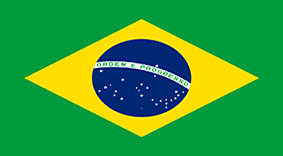
Share to WhatsApp
Brazil's former president Luiz Inácio Lula da Silva left prison this afternoon, firing up his traditional popular base that opposes Brazil's broad opening to private-sector oil investment.
In the short-term, Lula is likely to campaign in Brazil and neighboring countries, such as Argentina which is about to swear in its own leftist administration, but longer term he will probably seek to have his political rights restored in time for Brazil's 2022 presidential race.
During his 2003-11 back-to-back terms, Lula was a potent ally of Venezuela's late president Hugo Chavez, and his re-emergence will help to boost Chavez successor Nicolas Maduro, whom Brazil's right-wing government of Jair Bolsonaro no longer recognizes as president.
Lula's controversial release coincides with rising industry pressure on Brazil's government to strip the last vestiges of an energy policy that has historically centered on state-controlled Petrobras.
Though not likely by design, the popular leftist leader left prison just days after lackluster back-to-back upstream auctions covering pre-salt assets failed to attract bids from companies other than Petrobras and Chinese state-owned firms.
Oil companies and government officials have blamed the disappointing results on production-sharing terms that were adopted under Lula's government in 2010.
Brazil's colossal pre-salt play was discovered at the end of Lula's first four-year term in 2006. One of his last contributions in 2010 was a new petroleum law that, among other things, obligated Petrobras to take a minimum 30pc operating stake in all pre-salt fields.
The debate around holding off on pre-salt development to allow domestic industry to take the lead kept new Brazilian acreage off the market for five years at a time when crude prices were above $100/bl.
Lula's protégé and successor Dilma Rousseff stood by the nationalistic policies of her mentor until her impeachment in August 2016, midway through her second four-year term. Months later, her successor, former vice president Michel Temer, extinguished the Petrobras mandate, known as the sole operator rule, and continued to pare back Lula's leftist energy policies through the end of his own embattled term on 1 January 2019.
Facing low oil prices and headwinds from the Lava Jato corruption investigation, which ultimately landed Lula in prison, the changes adopted under Temer revived the oil industry with pre-salt auctions. International oil companies such as Shell, ExxonMobil, Total and Equinor piled into new exploration blocks in six upstream offers through 2017-18.
That trend was disrupted this week when IOCs shunned what was supposed to be the biggest oil auction ever—the offer of pre-salt reserves in a cluster known as the Transfer of Rights (TOR)—and a sixth production-sharing round covering around 40bn bl of in place oil reserves.
Companies that had helped stabilize the economy and the oil industry pointed the finger at a complex regulatory environment and pushed for scrapping residual elements of Lula-era nationalist policies.
With a weakened Bolsonaro looking for an economic win, the industry may get its way ahead of fresh upstream auctions planned for next year. But with Lula now back on the streets, they are going to face a re-energized opposition and a charismatic foe.
Lula's release comes less than 24 hours after the federal supreme court overturned its own 2016 precedent allowing for imprisonment following conviction on appeal. Lula was jailed in April 2018 on passive corruption charges related to benefits received from scandal-linked Brazilian conglomerate OAS.
Local oil industry executives panned the supreme court decision the freed Lula and contend that it will introduce more volatility in the market. The Brazilian real sank on the news of the former president's release.
"I leave here with the greatest feeling of thanks that a human being can have for another," Lula said as he stepped out of prison and into a crowd of admirers and Workers Party (PT) and labor union leaders. "You may be sure that I am not hurt by the cops, the jailers, but I want to prove that this country can be much better."


Gold price eases after Trump downplays clash with Fed chair Powell

Copper price hits new record as tariff deadline looms
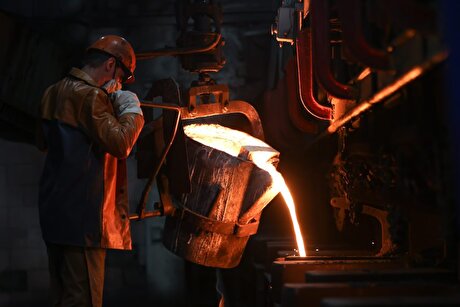
Brazil producers look to halt pig iron output as US tariff threat crimps demand
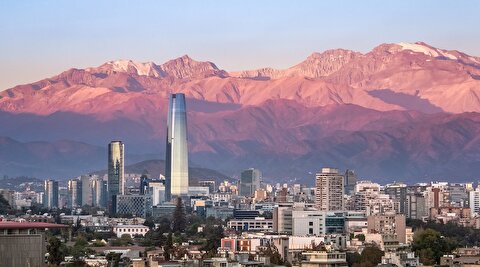
Chile’s 2025 vote puts mining sector’s future on the line

Gold price could hit $4,000 by year-end, says Fidelity
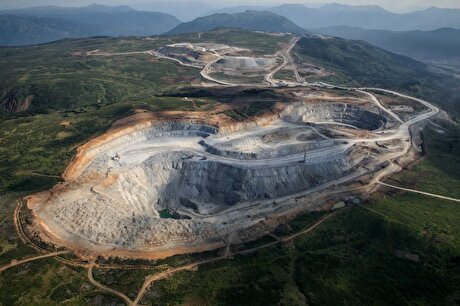
Three workers rescued after 60 hours trapped in Canada mine
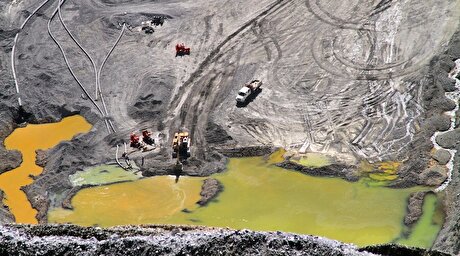
US targets mine waste to boost local critical minerals supply
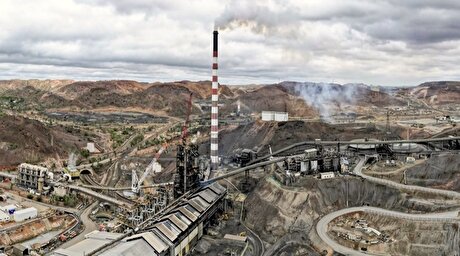
Glencore workers brace for layoffs on looming Mount Isa shutdown
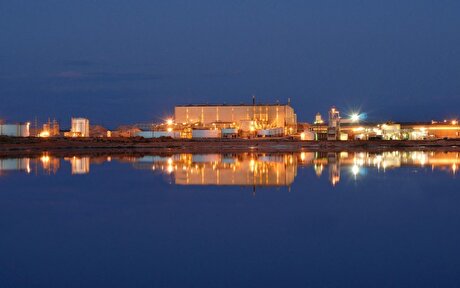
Energy Fuels surges to 3-year high as it begins heavy rare earth production
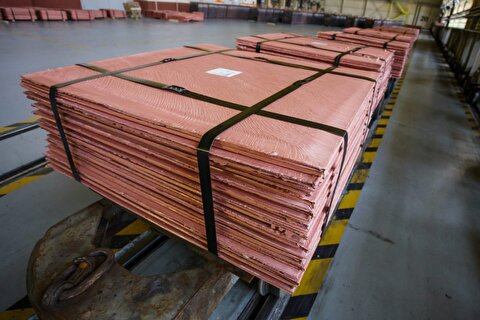
Trump tariff surprise triggers implosion of massive copper trade

Maxus expands land holdings at Quarry antimony project in British Columbia

BHP, Vale accused of ‘cheating’ UK law firm out of $1.7 billion in fees
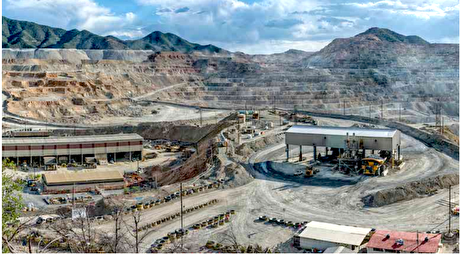
Southern Copper eyes $10.2B Mexico investment pending talks
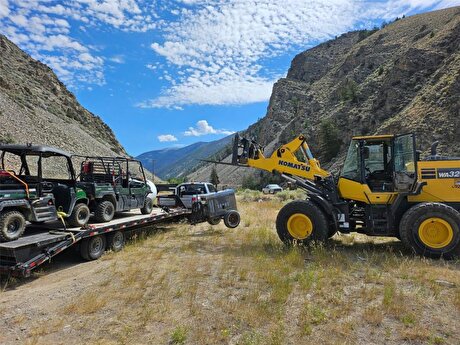
American Tungsten gets site remediation plan approved for Ima mine in Idaho
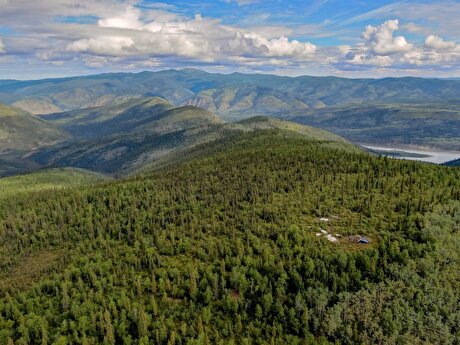
Kinross divests entire 12% stake in Yukon-focused White Gold

Gold price could hit $4,000 by year-end, says Fidelity

Southern Copper expects turmoil from US-China trade war to hit copper

Ramaco Resources secures five year permit for Brook rare earth mine in Wyoming

Column: EU’s pledge for $250 billion of US energy imports is delusional

Trump tariff surprise triggers implosion of massive copper trade

Maxus expands land holdings at Quarry antimony project in British Columbia

BHP, Vale accused of ‘cheating’ UK law firm out of $1.7 billion in fees

Southern Copper eyes $10.2B Mexico investment pending talks

American Tungsten gets site remediation plan approved for Ima mine in Idaho

Kinross divests entire 12% stake in Yukon-focused White Gold

Gold price could hit $4,000 by year-end, says Fidelity

Southern Copper expects turmoil from US-China trade war to hit copper

Ramaco Resources secures five year permit for Brook rare earth mine in Wyoming














